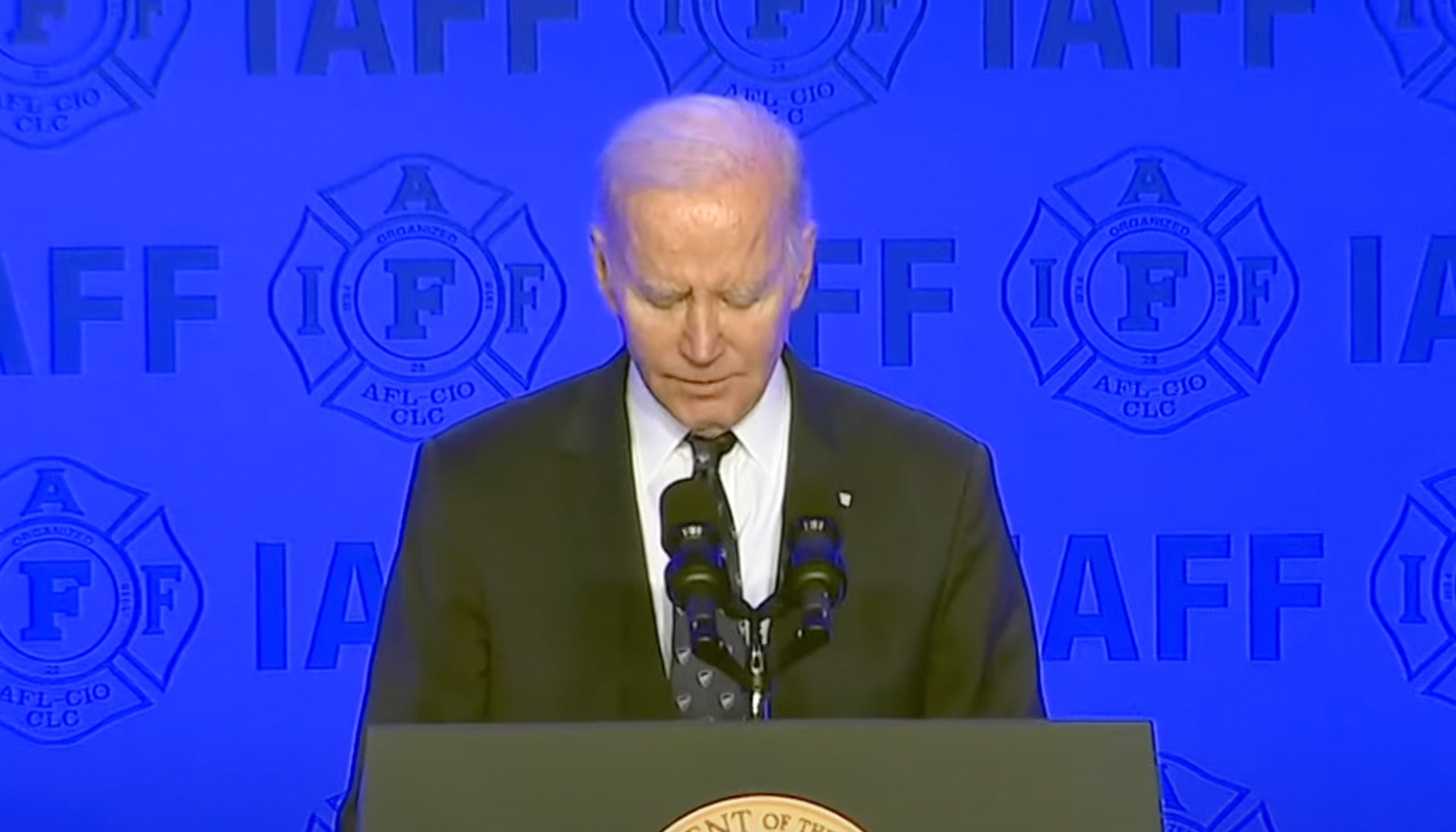Reports Hint at Pay Reductions for MSNBC Hosts Amid Ratings Decline
MSNBC is reportedly negotiating with two of its key hosts, Joy Reid and Stephanie Ruhle, about significant salary reductions following a notable decline in the network’s viewership ratings.
Amid declining ratings, MSNBC is discussing pay cuts for its prominent hosts, including Reid and Ruhle, aligning with a trend seen among other network personalities, as Breitbart reports.
Reid, who hosts the weeknight program ReidOut, and Stephanie Ruhle, the face of The 11th Hour, are the latest personalities allegedly in talks with MSNBC regarding pay adjustments.
This development comes after a dramatic 50 percent decrease in MSNBC’s ratings following the election of Donald Trump. The electoral shift was a watershed event for news networks, producing contrasting fortunes in audience engagement.
Network Ratings Drop as Trump Elected
The change in political leadership after Trump’s election win has notably impacted viewership figures for news outlets like MSNBC. The network has struggled to maintain its audience, prompting financial negotiations with its high-profile news hosts.
Reports suggest that Reid is faced with possible salary cuts from her $3 million per annum earnings, while Ruhle's current $2 million salary may also see reductions.
These discussions mirror recent salary restructuring seen with another MSNBC anchor, Rachel Maddow, whose pay decreased from $30 million to $25 million annually over a three-year span.
Rashida Jones’ Future with MSNBC
In addition to talks of reduced earnings for its hosts, MSNBC president Rashida Jones is rumored to be considering leaving the network. This speculation emerges as networks adjust to shifting political landscapes and the ensuing audience metrics.
Journalist Oliver Darcy brought these rumors to light, quoting unnamed contacts suggesting Jones' potential departure in light of the recent political changes. However, MSNBC spokespersons have disputed these claims, providing a narrative of continuity amid reported turmoil.
Brian Stelter Confirms Reports
Further substantiating the claims of Jones’s possible exit, media journalist Brian Stelter indicated that he confirmed the reports through additional confidential sources. This gives weight to the discussion, albeit amidst official denials publicized by the network's communications office.
Ruhle and Reid stand at the forefront of this dynamic, as negotiations continue regarding their contractual terms. While both personalities contribute distinct flavors to the MSNBC lineup, the backdrop of diminishing ratings pressures the network’s business operations.
MSNBC's Financial Strategies in Flux
Such adjustments in hosts' salaries are not isolated, instead reflecting a broader strategy to recalibrate fiscal policies in response to viewer metrics. Maddow's recent salary modification was a pivotal step, laying the groundwork for similar approaches with other prominent figures.
The trend of salary renegotiations signals a substantial shift within cable news networks, where once-steady viewing patterns face the unpredictability of political climates and cultural shifts.
As MSNBC navigates these challenges, the implications reach beyond individual negotiations and hint at broader industry responses to a rapidly evolving media landscape.
The exact outcomes of these current talks remain speculative, but they reflect a proactive stance by the network in adapting to external pressures.
Conclusion: Ongoing Negotiation Dynamics
The continued advocacy for adjustments by MSNBC underscores the complex interplay between network profitability, talent retention, and audience retention. It highlights how political events resonate across media economics, compelling strategic shifts to endure financial viability.
In conclusion, MSNBC's current situation with Joy Reid and Stephanie Ruhle encapsulates the palpable impact on the television industry from political watersheds. This period can lead to lasting changes in how media outlets balance their financial priorities with maintaining on-air talent and programming quality.
As these discussions progress, they illustrate the ongoing negotiations between broadcast entities and those who bring them captivating stories and headlines.






